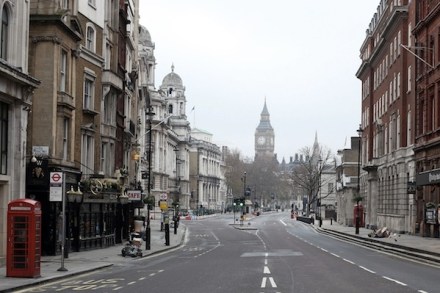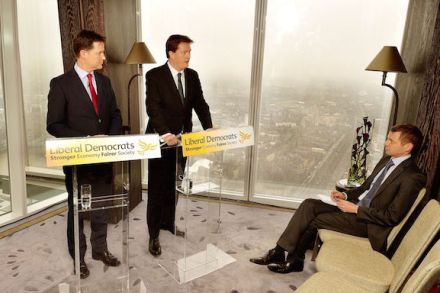Peter Oborne: Ed Miliband is the most accomplished opposition leader since the war
[audioplayer src=”http://traffic.libsyn.com/spectator/TheViewFrom22_12_Feb_2015_v4.mp3″ title=”Peter Oborne and Dan Hodges discuss Ed Miliband” startat=1343] In this week’s Spectator podcast, we put a Labour and a Tory supporter next to each other to debate the virtues of Ed Miliband. The difference being that Peter Oborne is a passionate defender of the leader, and Dan Hodges his most vocal critic. Peter explains to Sebastian Payne that while he is a conservative journalist, his job is to tell the truth, and put political prejudices to one side, which leads him to conclude that Ed Miliband is a man of incredible accomplishment and bravery, whose efficacy is demonstrated by the ferocity of the press backlash against him.




















